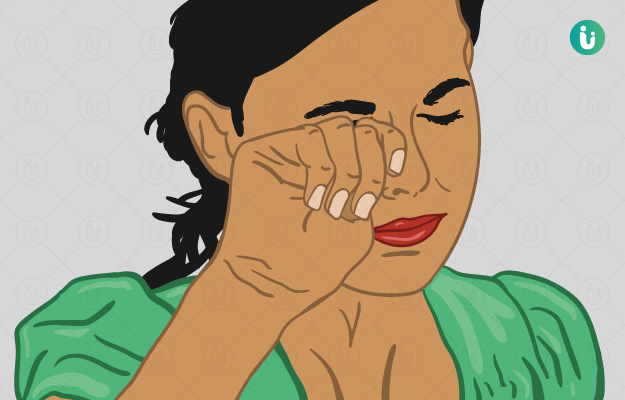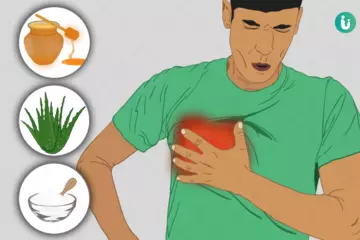Summary
Stress is a coping mechanism of the body to anything that can pose a threat. Stress is a ‘fight or flight’ response and helps a person to determine how to react to an event or a stimulus – whether to combat it or avoid it. A certain amount of stress is required to help people test their limits and realise their potential. However, undue amounts of stress can cause people to suffer and may lead to a breakdown. Stress can be caused due to internal and external factors, and sometimes a combination of both. Family discord, work and academic pressure and money constitute external factors. Low self-esteem, pessimism and rigidity are some internal causes. It can actuate in any one form – acute stress, episodic acute stress or chronic stress. While symptoms vary for each stage, some generalised features include palpitation, lack of clear thinking, self-doubt, anger and anxiety. Being alert and aware of triggers and finding healthy alternatives are the two principal ways of preventing stress. While there are certain tests and screeners which can help diagnose the condition, elaborate discussions with qualified professionals still provide the most accurate diagnosis. Treatment includes a combination of medication, counselling and alternate therapy and lifestyle modification. While the prognosis for those recovering from stress is encouraging as long as they stay positive, complications that may arise include alcohol and drug abuse, and suicidal tendencies.

 Doctors for Stress
Doctors for Stress  OTC Medicines for Stress
OTC Medicines for Stress
 Stress articles
Stress articles
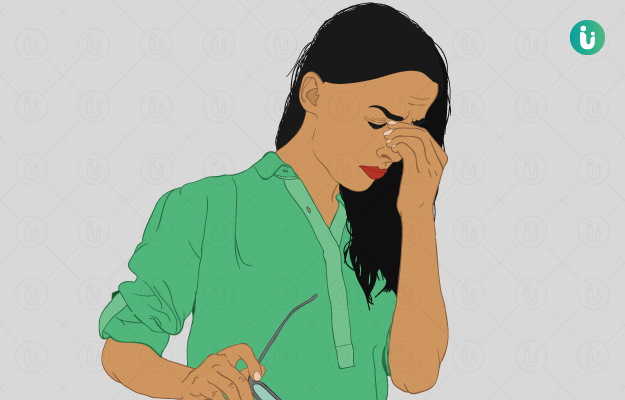
 Ayurvedic Treatment of Stress
Ayurvedic Treatment of Stress
 Diet for Stress
Diet for Stress
 Home Remedies for Stress
Home Remedies for Stress
 Yoga for Stress
Yoga for Stress






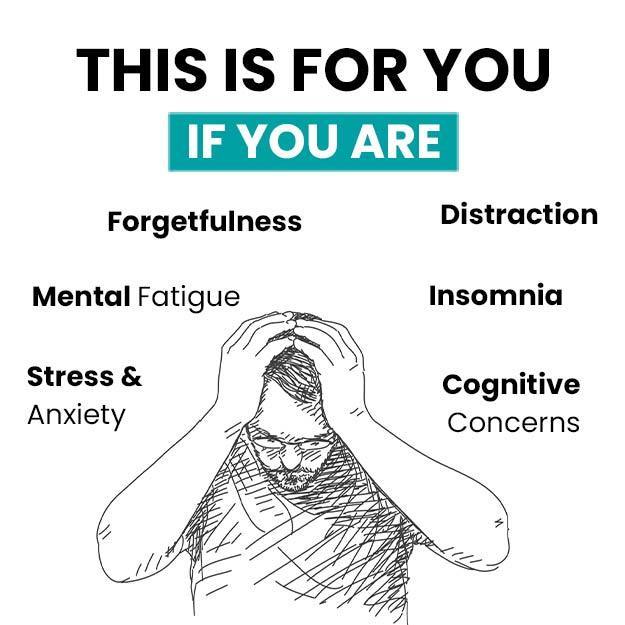



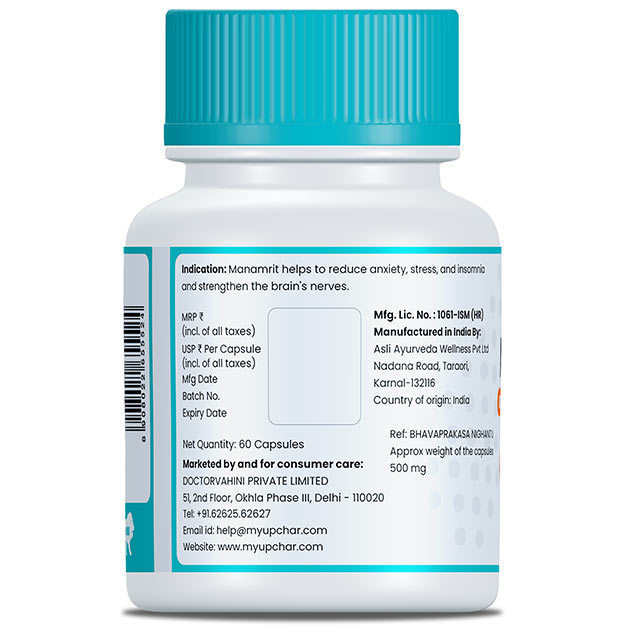




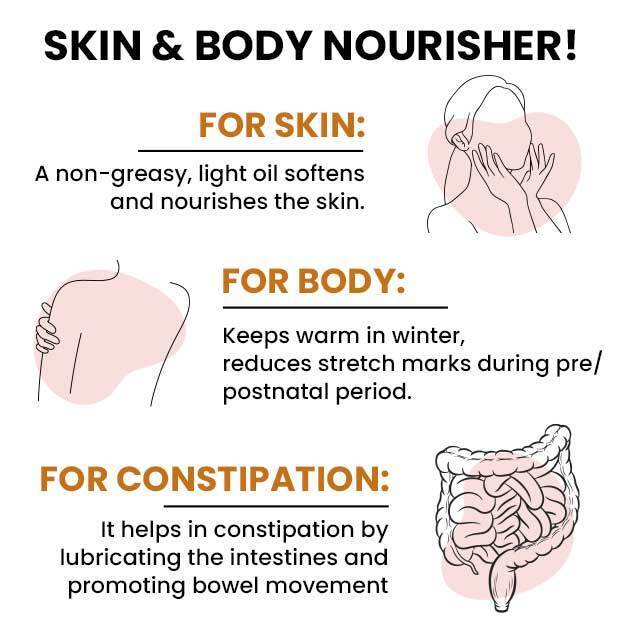
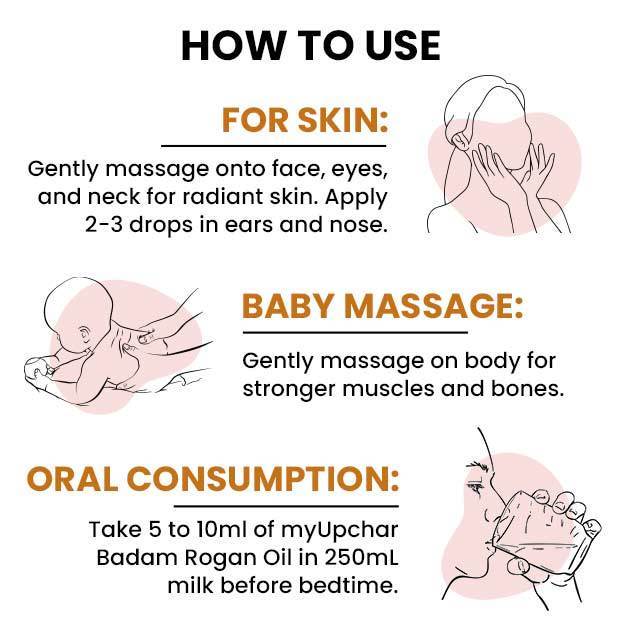







 Editorial Team
Editorial Team





 Dr. Rajalakshmi VK (AIIMS)
Dr. Rajalakshmi VK (AIIMS)
